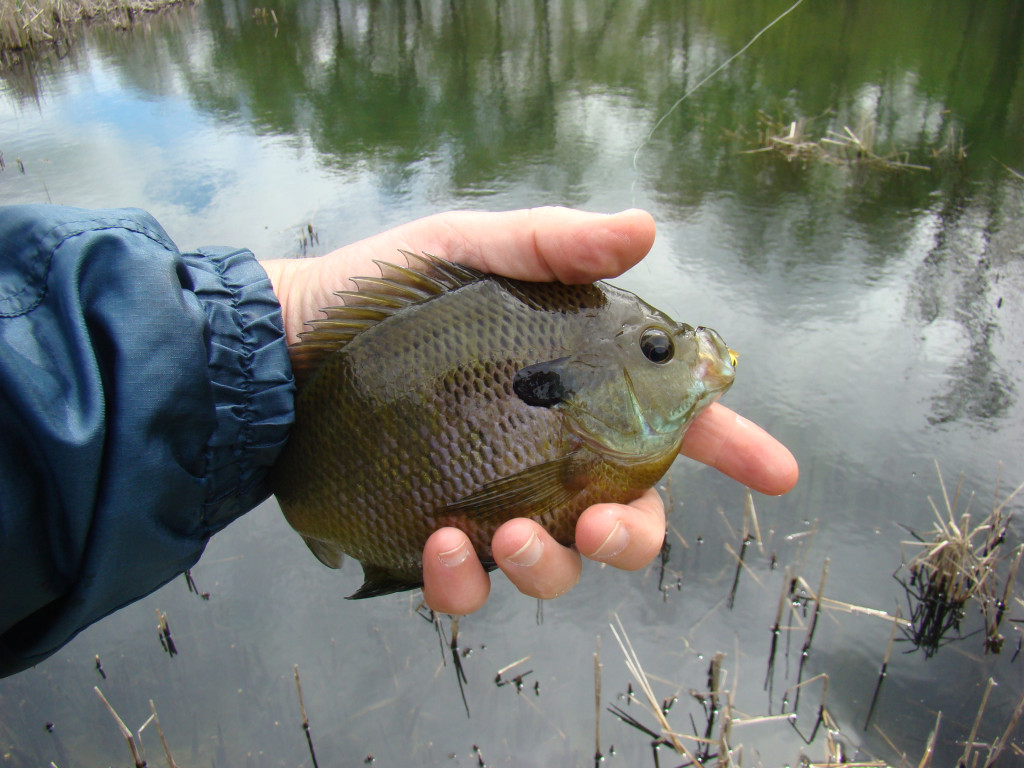It’s Not Easy Being Green: How to Handle Fish
By Andy Whitcomb
Jun 22, 2015
One of the amazing aspects of fishing is that you have the opportunity not only to connect with a remarkable underwater creature, but then you can release it and maybe, just maybe, catch it again… BIGGER.
One of the amazing aspects of fishing is that you have the opportunity not only to connect with a remarkable underwater creature, but then you can release it and maybe, just maybe, catch it again… BIGGER. Keeping the fight brief and not over-tiring the fish, increases the chances of a successful catch and release event. However, handling a fish that is still “green” and full of energy can be tricky for both you and the fish.


Here are a few tips for handling “green” fish:
-
Work quickly but carefully. This “hook-ectomy” that you are about to perform involves sharp hooks and a slime-covered fish that still has a lot of energy.
-
If you know ahead of time that you are releasing fish, crimp down the barb of the hook. If you fight a fish correctly, you won’t lose fish due to a missing barb.
-
Watch fish body posture. If the fish tail is held firmly to one side or still swinging and it is working its fins up and down, it probably is about to give another flip. There will be a brief period of rest between flips. This is the time to unhook.
-
Handle the fish firmly and with confidence. This comes with practice. If you are tentative when holding, the fish may sense this as another opportunity to flip and thus prolong the release process.
-
Disorientation can help. Some fish relax more when turned upside down. If you happen to reel in a large bass that is covered in aquatic vegetation, notice the calming effect of the eyes being covered. Unhook the fish first, and then remove the vegetation.
-
If you don’t need a photo, leave the fish in the water and back the hooks out with a pair of pliers.
A “green” fish, with the hook quickly removed has a great chance of giving you or another angler another thrill. Fish can be easier to handle if tired, but then will be slower to recover. With practice you can learn how to get that fish back in the water and casting for another!
For more on catch and release, check Take Me Fishing’s “how to” videos!









